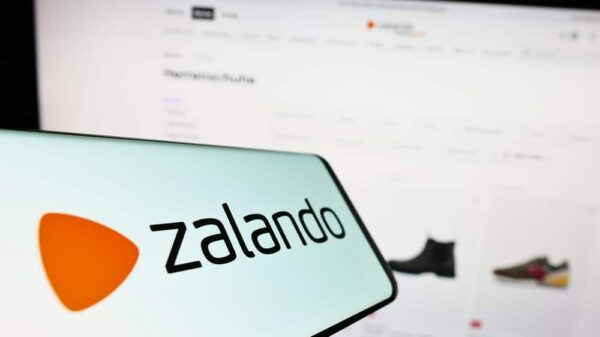In the ever-changing world of finance and investment, the topic of regulatory standards in the context of initial public offerings (IPOs) is critically significant, especially when it involves high-profile companies like Shein. The CEO of the London Stock Exchange Group (LSEG), David Schwimmer, has stepped forward to address concerns that have arisen surrounding Shein’s anticipated £50 billion IPO in London. Critics have speculated that the exchange may have lowered its regulations to pave the way for this listing, but Schwimmer was quick to dismiss these claims as unfounded.
Shein, known for its aggressive fast fashion approach, has garnered significant controversy over its alleged disregard for human rights, particularly in relation to its supply chain transparency. This has been especially pressing due to accusations tying the brand to forced labor practices involving Uyghurs in the Xinjiang region of China. Such grave allegations have raised alarm among human rights advocates and have cast a shadow over Shein’s business model.
Originally, Shein had its sights set on launching its IPO in the United States. However, as scrutiny from U.S. lawmakers intensified due to concerns over its labor practices and a slew of legal challenges from competitors like Uniqlo, which has accused Shein of design theft, Shein made a strategic pivot towards London.
As of now, Shein seems to have avoided the same level of opposition in the UK, where it submitted its IPO paperwork in June. Notably, the Labour party has voiced support for Shein as the country gears up for the elections in July. This backing might lead one to wonder how a company facing such serious allegations can find favor within a regulatory framework that is ostensibly designed to ensure ethical business practices.
In an interview with The Guardian, Schwimmer asserted that the standards for listing on the London Stock Exchange remain intact. “To be clear, there is no reduction in standards on the London Stock Exchange. The listing approval process is overseen by the UK listing authority, and if companies meet the requirements – focusing on governance disclosure, among others – they can list on the London Stock Exchange and benefit from our governance and disclosure regulations,” he stated. This reflects Schwimmer’s commitment to maintaining the integrity of the Exchange amidst pressures that may arise from lucrative IPOs.
He further expressed optimism about the financial market’s trajectory, noting a robust pipeline of potential listings. Schwimmer emphasized the importance of governance and transparency, stating, “There are indications that several companies are considering entering this market. I am optimistic about the upcoming listings and the market’s trajectory.” This suggests a solid foundation for future growth, which is especially encouraging considering the regulatory complexities that companies face today.
Schwimmer attributed this positive momentum not only to the resolution of the recent general election but also to improving macroeconomic conditions and ongoing reforms within capital markets. In a world where businesses are increasingly scrutinized for their practices, his remarks serve as a reminder of the importance of transparency and accountability in the financial sector.
Navigating through such complex waters can be daunting, especially for investors keen on making informed decisions in an atmosphere rife with uncertainty. The discussion around Shein’s potential IPO underscores the vital role that regulatory frameworks play in ensuring that ethical considerations are prioritized even as markets evolve. For stakeholders, understanding the dynamics at play is crucial, and it becomes clear that the conversation surrounding corporate governance and social responsibility is more relevant today than ever before.





























